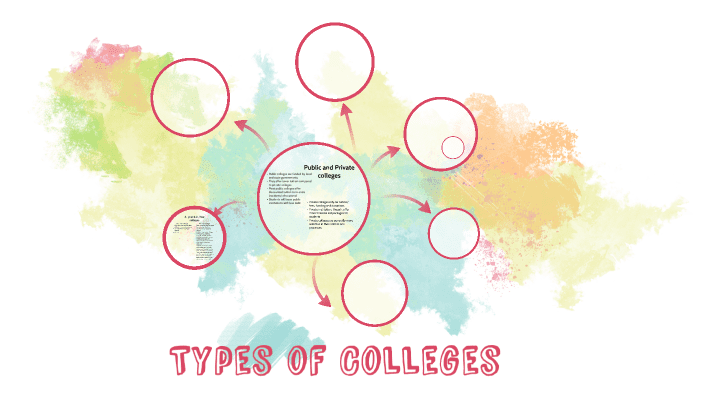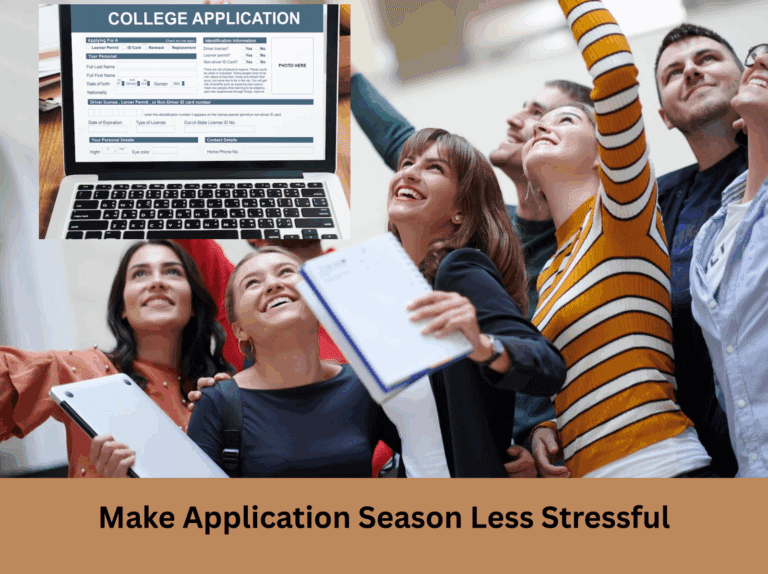
Gearing Up for a New Academic Year
Entering a new year at school can be daunting, especially if it is high school. While ‘High School’ is a term synonymous with an overload of academics for most students, it is also a turning point for exploring your interests and career choices through extracurricular activities. That is why it is important for you to plan your approach to the new school year.
Here’s how you can start strong:
1. Plan your week ahead of time
Investing some time every Saturday in planning the next week’s schedule can help you realize how much time you get for extracurricular activities (mainly those academic in nature), sports/exercise, and leisurely activities such as reading or Netflixing! A good way to plan your academic activities is to chunk them into slots where you feel most productive. These could be based on a certain time of the day when you are most productive.
A lot of college-going students credit their ability to juggle double majors and other activities like leading clubs/organizations to creating and following a planned schedule. What better than to start early? Most say that they either prefer using the Google Calendar or simply creating a hand-written schedule. What really matters is curating a system that works best for you.
Read: From Procrastination to Productivity: Overcome the Deadline Dread | Ivy Central
2. Create and maintain a balance
A lot of successful students say that they were able to stretch themselves outside of the classroom because they found some time (if only 30 minutes) in a day to do something they really enjoyed. It could be reading a murder mystery, playing a sport, or something as simple yet meaningful as spending time with family and friends. Students need to ensure they are not doing anything that they think of as ‘study’ for at least 30 minutes to 1 hour in a day. This, in turn, Ivy Central will help you bounce back to manage your academics and extracurricular activities in a more productive way.
3. Get to know your peers
Forming meaningful, long-lasting relationships with your peers can help you develop your social skills. You start viewing things from their perspective and you get to have a support system from school. Form a study group since that will help remember concepts but also make learning a lot of fun!
4. Interact with your teachers
Feel free to interact with your teachers inside and outside of the (virtual) classroom without hesitation. Teachers love to know what their students are up to outside of school and will get to know you better through an occasional tete-a-tete.
5. Prepare ahead of time
Understanding the context through background reading can put you in a knowledgeable place in the classroom. You should step into a class with the intention of asking questions and seeking answers. Reading about the cultural context of the next novel you’re reading in class or trying to understand how a theorem is derived in Math, can make you feel more confident about yourself and make you feel prepared to take on the challenge of learning new concepts in class.
Read More: Aeronautical Engineering
6. Improve your study skills
This is especially important if you are changing your curriculum, but also, otherwise. For example, most of our students move from IGCSE to IB in Grade 11 and some of them find this transition difficult to manage at the beginning of the academic year. However, through adapting to new study methods that are better suited for a certain curriculum, you should feel more confident to approach each of your assessments with ease. One of the key things to work on is your note-making and note-taking skills.
This resource should help you do that along with all of the other tips you need I mentioned earlier: https://lsc.cornell.edu/how-to-study/taking-notes/cornell-note-taking-system/
Final word
We hope you feel more at ease with online learning over this past year. If not, do find ways that work best for you. In the end, it is all about curating your own study and leisure system that is uniquely yours and helps you grow and learn the way you would like to. Take ownership of your learning and do remember to have fun. All the best for your new academic year!






